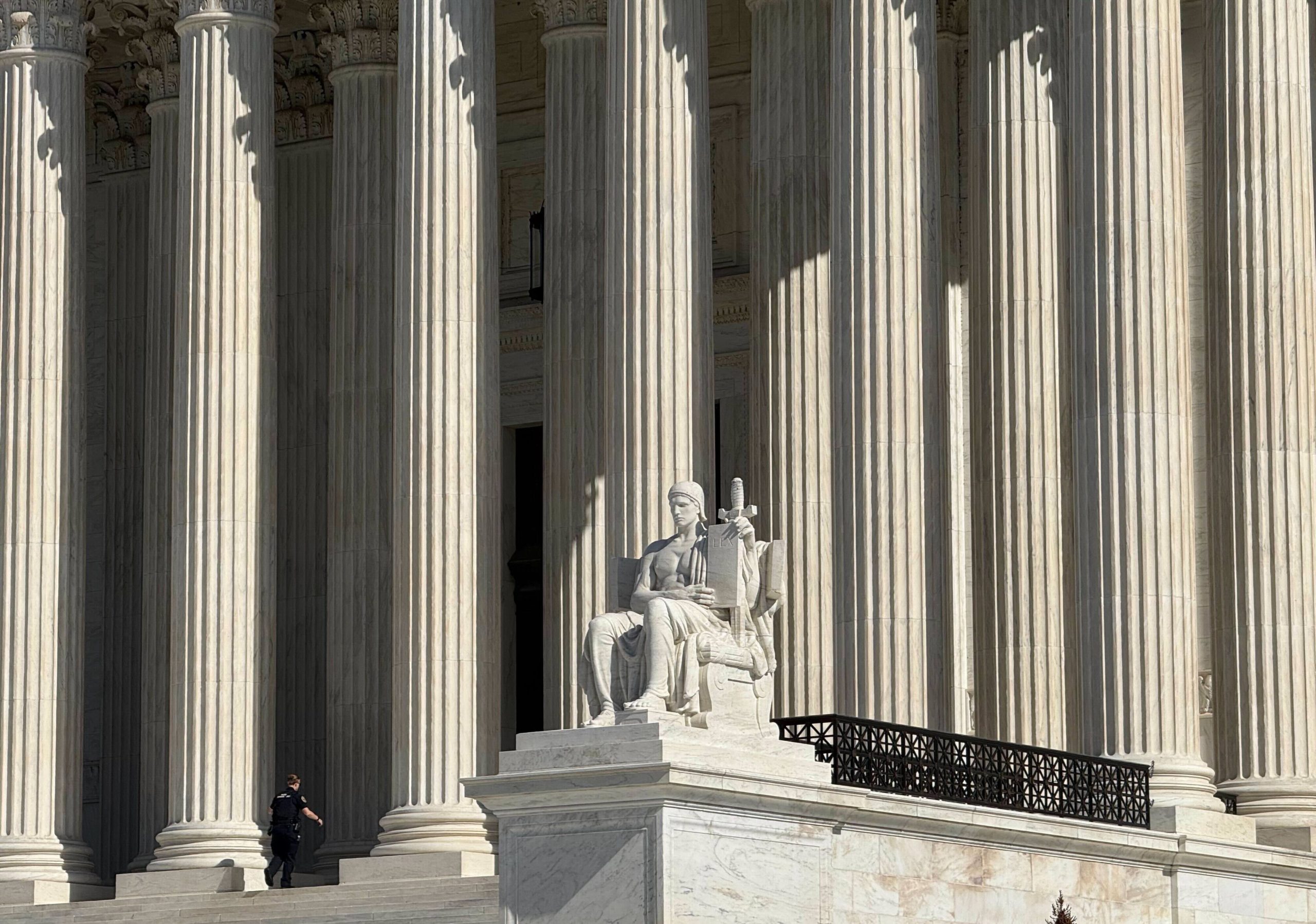
EMERGENCY DOCKET
By means of Amy Howe
on January 1, 2025
at 4:33 p.m 
(Katie Barlow)
The Biden administration came to the Supreme Court on Tuesday afternoon, asking the justices to order an anti-money laundering law to be enforced while the government appeals to the U.S. Court of Appeals for the 5th Circuit and, if necessary, to the Supreme Court. U.S. Solicitor General Elizabeth Prelogar told the justices that a federal judge’s order barring the government from enforcing the Corporate Transparency Act “hinder[s]efforts to prevent financial crime and protect national security” and “impair the ability of the United States to Undermines states to pressure other countries to make improvements. their own anti-money laundering regimes.”
More broadly, Prelogar suggested that the justices could weigh in on the propriety of so-called “universal injunctions” – injunctions that prohibit the government from enforcing the law anywhere in the country. Some of the court’s conservative justices — Clarence Thomas, Neil Gorsuch and Brett Kavanaugh — have indicated in the past that the Supreme Court should examine whether such orders are appropriate.
Universal orders have been used (as in this case) to block laws and policies during both the Biden and Trump administrations.
The case challenges the constitutionality of the Corporate Transparency Act, a 2021 law intended to prevent crimes such as money laundering and terrorist financing by requiring companies to report information about their owners. A Treasury Department rule originally required companies incorporated before 2024 to file initial reports by January 1, 2025.
On December 3, U.S. District Judge Amos L. Mazzant III, in Sherman, Texas, agreed that the law is likely unconstitutional and issued an order prohibiting the government from enforcing the law anywhere in the country.
The Biden administration went to the 5th Circuit and asked that court to stay Mazzant’s order while it is appealed. A three-judge panel initially granted the government’s request, but another panel of judges reinstated Mazzant’s order and scheduled oral arguments in the case for March 25.
Prelogar then came to the Supreme Court on Tuesday afternoon, asking the judges to intervene and allow the government to enforce the law while appeals continue.
The reporting requirements imposed by the law, she wrote, “are well within Congress’ authority under the Commerce Clause to regulate economic activities (in this case, the anonymous operations of business entities) that materially affect interstate commerce.”
Congress also has the power to impose reporting requirements, Prelogar continued, because they are “necessary and proper” to carry out some of the powers the Constitution gives it, such as the power to regulate commerce, collect and supervise taxes. foreign affairs.
Prelogar noted that three other federal district courts had denied similar requests to block the law — two because they concluded that the law is likely constitutional and one on the grounds that challengers had not shown that they would suffer permanent harm if the law would be allowed. come into effect. She acknowledged that an Alabama district court had ruled that the law is unconstitutional, but she emphasized that the court’s order in that case only prevented the government from enforcing the law against challengers.
Prelogar told the justices that the Supreme Court should at least “limit the district court’s overbroad order.” Universal injunctions like Mazzant’s in this case, Prelogar argued, exceed the power of federal courts, which can only provide a remedy for the injuries suffered by the specific plaintiffs in the case. Moreover, she added, universal bans create “other legal and practical problems” — for example, by encouraging forum shopping and allowing one district court to effectively close other lawsuits on the same issue. Universal orders also work “asymmetrically,” she continued, so that while “the government must prevail in every lawsuit to keep its policies in effect,” “plaintiffs can block a federal statute or regulation across the country with just one victory by the lower court.”
In other cases involving universal injunctions that have come before the Supreme Court, Prelogar noted, the justices have resolved the case on other grounds, without having to address the propriety of universal injunctions. If the justices wait until after the government’s appeal is decided in the 5th Circuit to hear this case, the court “could resolve this case on the merits at that time, and the issue of universal relief would be returned to the escape the Court’s assessment.” But if the justices were to grant review now, without waiting for the appeals court to act, and focus only on “whether the district court erred in awarding universal damages,” she wrote, this would ” be able to solve the solution issue this term’.
The Biden administration’s request will first go to Judge Samuel Alito, who is responsible for emergency appeals of the 5th Circuit. Alito himself can act on it; he can also (more likely) direct the challengers to file a response or refer the request to the full court.
This article was originally published in Howe on the Court.